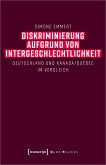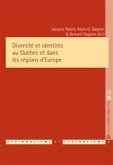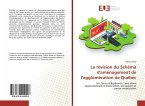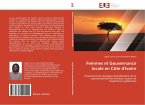In Canada, about 80% of the population of Quebec speaks French as its first language, while English first language speakers comprise around 8% of residents. Although concentrated in Montreal, Anglophones can be found throughout Quebec. In some small rural communities, residential patterns persist where Anglophones comprise a majority of the local population and they can live their daily lives without having to speak French. In these rural communities, Anglophones face economic opportunities constrained by local conditions and by the need to serve an increasingly French-speaking population. Some choose self-employment to meet their needs. The type of occupations they pursue depend in part on access to resources, be they based on economic, physical, social, or human capital. This ethnography reveals fissures in language and class linked to property ownership, occupational sector, and length of residence in the area. The nuances of difference extend beyond the distinction of locals versus people from away, or English and French, but rather reveal an increasingly complex rural economic landscape with multiple interpretations of what it means to be an Anglophone in Quebec.
Bitte wählen Sie Ihr Anliegen aus.
Rechnungen
Retourenschein anfordern
Bestellstatus
Storno








